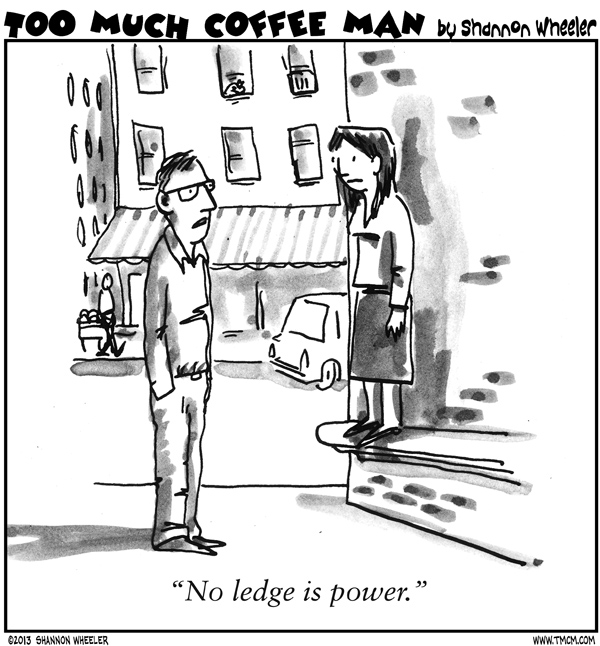My brother the Professor at The Professor’s Notes is musing upon Arlen Specter’s recent move. Unlike my brother, I have not followed our grandfather’s advice and vote primarily for/against the individual candidate and the policies involved. When the margins are this close, however, I do appreciate the tactics at play. What do you all think?
Specter’s Spectre
I have had a day to digest the news, and speaking as a conservative, and a life-long Republican, my first reaction remains my reaction:
“I had to hold my nose, and vote for Specter. Now I have to do neither.”
Why vote for him, you say? Well, years ago, when I was sitting on the knee (well, on the floor, looking up) at my Grandfather, I asked him why we should support the Maryland US Senator Charles “Mac” Mathias, since he was about as liberal as the (then) junior Senator from Maryland, Paul Sarbanes. He explained that “he may be a monster, but he’s our monster.” A rather cynical view, but at the time (late 1970s, and the heart of the “Carter Economic Disaster” like likes of which we STILL haven’t seen since) it was clear that if Mathias lost the primary the democrat candidate would most likely win the seat, reducing the numbers of Republicans below the line allowing for a filabuster. So keeping that number was important, if only for the greater good.
Read the rest of Specter’s Spectre.



2 thoughts on “Who do you vote for, the candidate or the party?”
Let me be clear-I too vote for the candidate and issues. When in the primary a liberal republican incumbent is challenged by a conservative one, the conservative gets my vote (why? Because I have chosen my party affiliation by selecting the one that best matches my view of what is best/works in the world.)
When the liberal R then wins and is up against a liberal D, I am faced with 3 choices. Vote R, vote D, or don’t vote since I agree with neither candidate. At that point, since I believe my party is most closely aligned with my political ideology, I will vote party affiliation. For the “greater good.”
Just don’t confuse a vote aligned with party affiliation with an “unthinking” vote. In large measure The thought goes in at the selection of party affiliation as we work through the “world view” we believe is best/most sucessful.
(sent from iPhone)